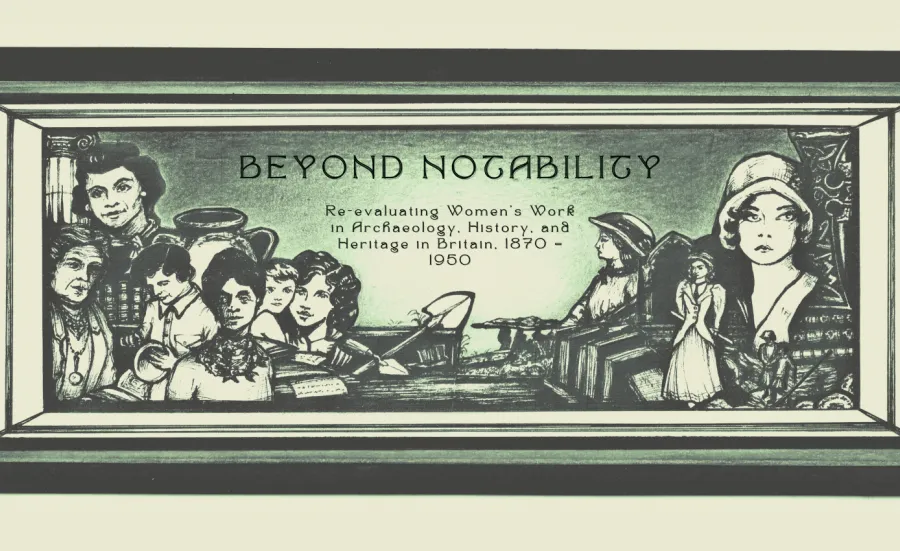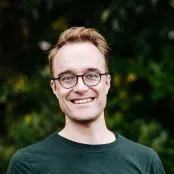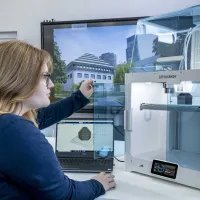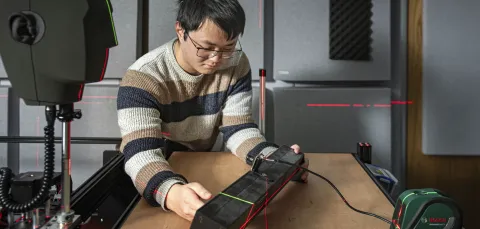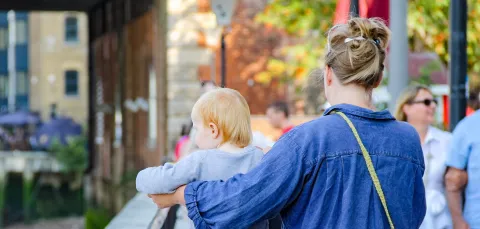One of the main issues the team faced is ensuring that the information has life after the 3-year project finishes in late 2024, and this is where James’ expertise at the intersection of history, heritage, technology and culture was vital.
He said: “I had experience of carrying out research into other pioneering women in this period and a history of building digital resources and infrastructures.”
Together the team is developing a framework for digitising the achievements of these forgotten women. Information about more than 900 women has already been captured and a linked data resource, modelled on Wikidata, has been created.
They are also working with the British Library to give more than 550 women International Standard Name Identifiers (ISNI) – a globally recognised way of creating a unique identifier for an individual.
James said: “ISNIs are very hard to create when very little information is known about the person. But because we had created these digital resources, the British Library is able to use our information to create a record. This framework could be used for future projects in completely different areas.”
The Beyond Notability project was funded by the Arts and Humanities Research Council.
